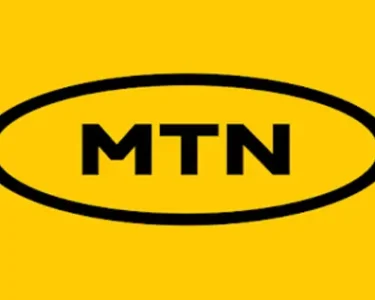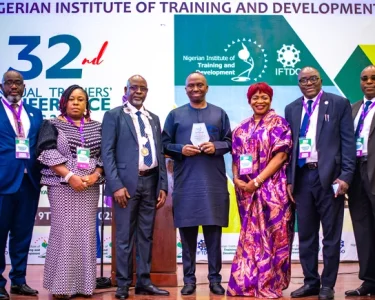Nigeria’s appetite for data is skyrocketing, with more than 142.16 million active internet subscriptions, 141.66 million of them mobile, marking a new high for the country’s connectivity landscape. Mobile subscriptions now stand at 169 million, while broadband penetration continues to surge, pushing the telecoms sector’s contribution to GDP beyond 14% and valuing it at approximately $10.8 billion.
MTN Nigeria Chief Financial Officer, Modupe Kadri, said the shift in consumer behaviour is reshaping the business model for telecom operators. “The average consumer would choose to buy data rather than buy food,” he said in an interview on Channels Television. “Data is the new oil.”
Kadri explained that data’s economic importance lies in the way it enables Nigerians to conduct business, stay connected, and reduce waste in time and resources. “Previously, you might have had to travel for a meeting without being sure it would hold,” he noted. “Now, through data, you can make a video call, send documents instantly, and close deals without leaving your office. Connectivity has become essential, not optional.”
Nigeria remains one of the last markets in West Africa where voice traffic is still growing, albeit at a slower pace. In advanced markets, Kadri pointed out, voice revenues have almost disappeared, with telecom operators selling data plans that bundle in unlimited voice minutes most subscribers never use.
MTN Nigeria is also pioneering new service models to expand coverage and efficiency. The company recently became the first to launch a “Network-As-A-Service” agreement in Nigeria, enabling T2 (formerly 9Mobile) subscribers to roam on MTN’s infrastructure while remaining T2 customers. “It’s about making the industry more efficient in using scarce resources,” Kadri said. “Operators don’t always need to build their network from scratch; they can roam on ours and still provide quality service to their customers.”
MTN has also signed on its first mobile virtual network operator (MVNO), which will soon go live. Kadri says these partnerships reflect MTN’s broader mission to help the entire Nigerian telecoms industry grow. “During the difficult times, we pitched that we were here to help the industry survive. It’s easier when you see other operators willing to come on board to deliver quality services Nigerians deserve,” he said.
Kadri dismissed popular misconceptions that service providers “suck” customers’ data. “Regulators have done a study on billing integrity, and it’s been proven not to be the case,” he explained. Instead, he urged subscribers to manage their usage better, for example, turning off automatic downloads on messaging apps and monitoring which apps consume the most data in phone settings.
As MTN invests in infrastructure, partnerships, and consumer education, Nigeria’s data consumption is expected to keep climbing. With record internet penetration and the sector’s growing share of GDP, the country’s digital transformation is accelerating, and operators like MTN are positioning themselves at the heart of it.




